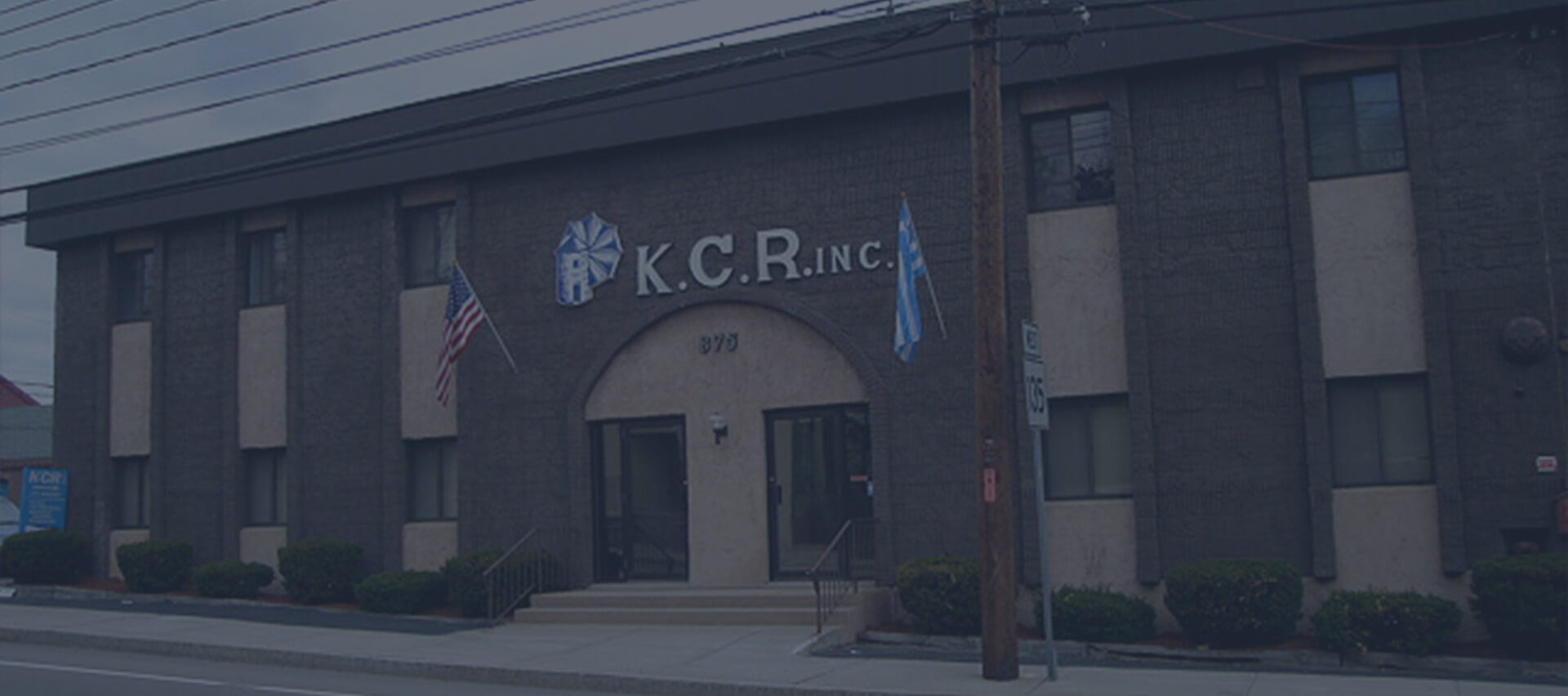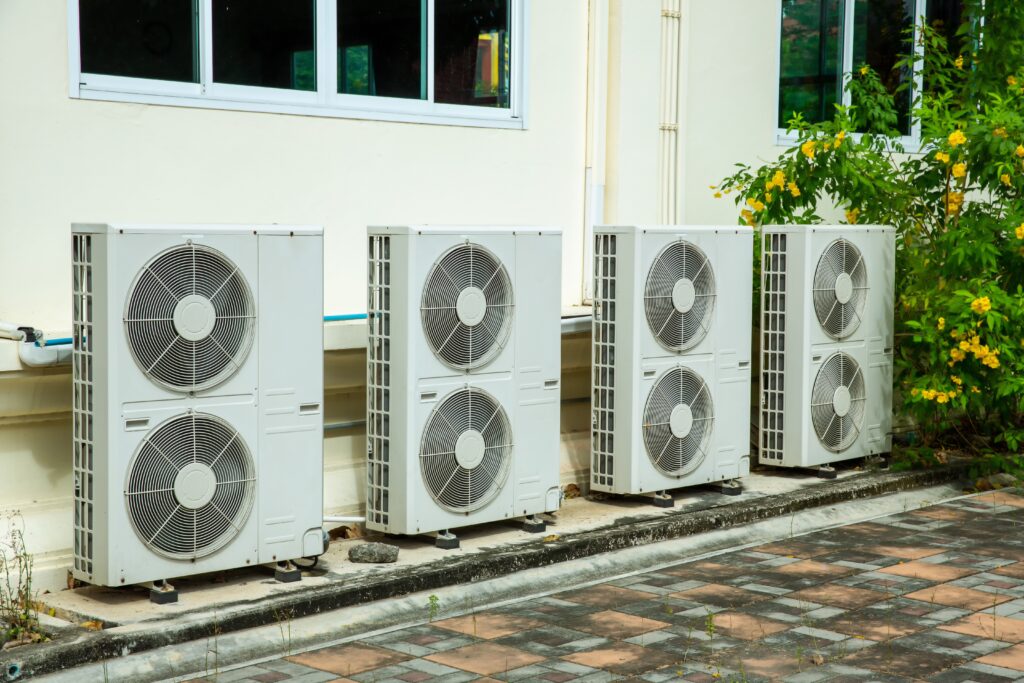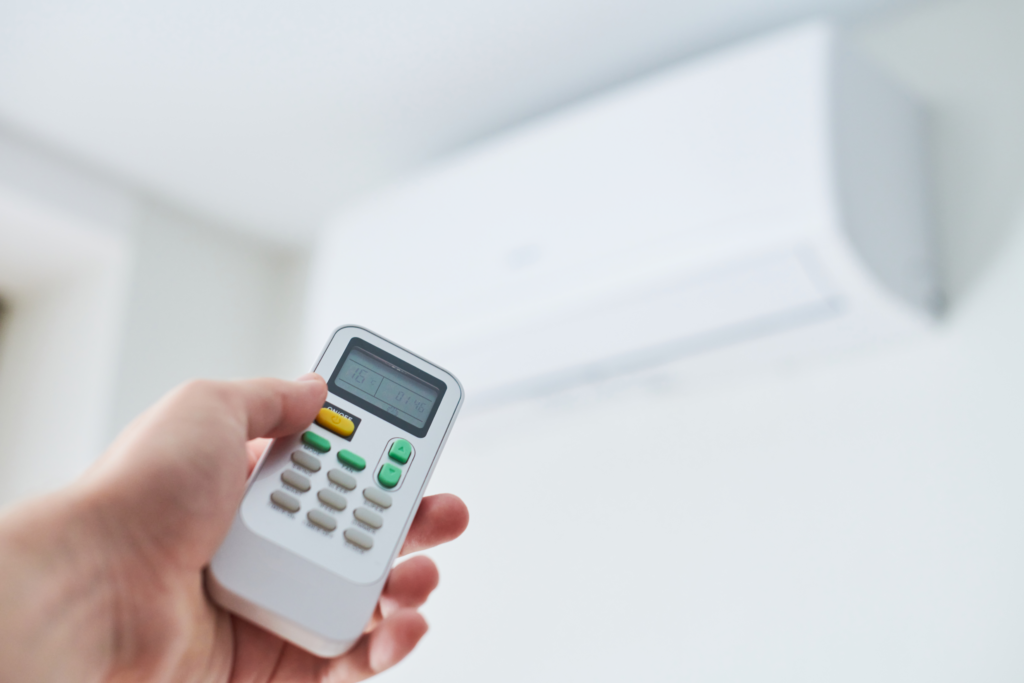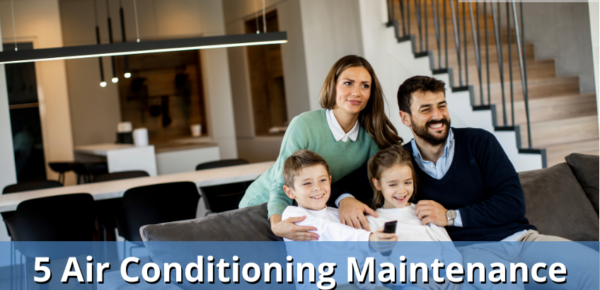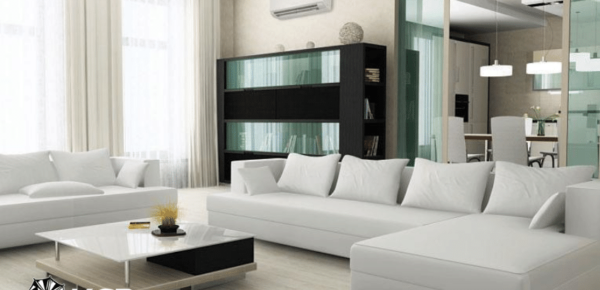How to Choose the Right Air Conditioning Unit
Are you trying to choose the right air conditioning unit for your home or business? You’ve come to the right place.
Air conditioning units run on the same technology as your refrigerator. They use gas to transfer heat from one place to another, effectively cooling the space. The HVAC system then blows this cold air around your home.
Of course, an air conditioner’s inner workings are a bit more complex than that. This article will cover exactly how an air conditioning unit works and the benefits of having one in your home.
You may want an air conditioning unit installed and ready to go when the summer comes. It’s hard to tolerate the hot, humid temperatures these days.
You could shop and install an air conditioning unit yourself, or you can find someone who specializes in air conditioning to install the unit for you. The right choice will depend on your confidence in purchasing the unit or installing it accordingly. If you don’t choose the right air conditioning unit, you may get stuck in unbearably hot heat when it breaks.
WHAT WE’LL COVER:
- How do residential air conditioners work?
- What are the different types of air conditioners?
- Is a window AC unit right for me?
- Window units vs. ductless AC
- How air conditioning can improve your home
- Why you need an HVAC maintenance plan
- Key takeaways
HOW DOES RESIDENTIAL HVAC WORK?
A residential air conditioning unit will consist of the following main components:
- A thermostat to control the temperature
- An outdoor unit that contains a fan and a compressor, or condenser coil
- An indoor unit that includes the evaporator unit and fan
- Tubing between the indoor and outdoor units
- Expansion valve
- Refrigerant
- Ductwork around the house
The process draws heat from the area you want to cool (the indoors) and passes it through the outdoor unit’s tubing.
HERE’S WHAT THE AIR CONDITIONING PROCESS LOOKS LIKE:
- The thermostat registers that the air has reached the pre-set temperature limit, kick-starting the HVAC system.
- The air-handling unit starts up and draws air inside the house into the ductwork.
- This air passes over a cooling coil, which is full of refrigerants.
- The refrigerant absorbs heat from the air as it turns liquid into gas.
- The air, which is now cool, is circulated back around the home through the ducts.
- Simultaneously, the refrigerant (now a gas) passes through the compressor before entering the copper tubing.
- This tubing is in the outside unit, allowing the refrigerant to release heat.
- It also passes through the expansion unit, which turns it back into a low-pressure liquid.
- The outdoor unit houses a fan, pulling air to eject the built-up heat.
- The process repeats until the thermostat registers the AC optimum temperature and clicks off.
One of the essential components in a residential HVAC unit is the refrigerant. It’s converted from a low-pressure gas into a high-pressure liquid during its journey through the unit. This process causes it to absorb heat from the warm indoor air and expel it outside.
Do you need reliable HVAC Repair?
WHAT ARE THE 3 MAIN TYPES OF RESIDENTIAL AIR CONDITIONING?
Proper air conditioner maintenance doesn’t take a certification in HVAC. Still, you may consider the benefits of hiring a certified HVAC installer to have the unit work as it should once it’s running.
If you don’t take the extra step to hire someone certified, you may find yourself without any air conditioning unit that works or a power shortage due to the wrong wiring job you did. You should always leave central air conditioner repair to the experts.
Air conditioning units sometimes come with a heating unit as well. When you purchase one of these dual units, you will find they are a little more complicated to hook up. If you want to hire someone certified in diagnosing your HVAC issues, you must ensure they are certified in air conditioning installation.
We’ve listed more details on the three main residential HVAC units for homes and businesses. The main types are:
1) SPLIT-SYSTEM AIR CONDITIONER
This system is the unit described above, which has an indoor and an outdoor unit. These are suitable for homes of pretty much any size but are typical in multi-room buildings.
2) DUCTLESS AIR CONDITIONER
While not technically a central air conditioner, ductless systems can help cool specific rooms. They typically work like a split-system unit but don’t have ducts for circulating air around the home. Mitsubishi ductless systems are helpful if you want different temperatures in different rooms, such as a warm office but a cool bedroom.
3) PACKAGED SYSTEM AIR CONDITIONER
All-in-one units contain the same unit’s evaporator, fan, compressor, and condenser. They’re suitable when a property doesn’t have enough room for a split system’s indoor unit. For example, you might find a packaged system in an apartment. Window units are the most popular type of packaged system, though some homeowners choose a portable air conditioner for rooms without window access.
Is a Window AC Unit Right for Me?
Most homeowners opt for a few window units to cool down the rooms where they spend the most time. We break down the pros and cons of these units below.
Advantages of a Window Air Conditioner
Window units come in several sizes and are available for cooling only or heat cooling. These units are affordable, ranging from less than $400 to about $1,500. Mitsubishi mini-splits also serve as heat pumps, warming up your living room in the winter.
Window units are also relatively easy to install—just put in an appropriate window and plug it in.
Disadvantages of a Window Air Conditioner
Because the unit sits in a window or wall, it’s less versatile than a portable one.
The immediate and surrounding area will feel the consequences of the cooling earlier. At the same time, outlying regions will take more hours to condition since the unit will not possess a duct system with ports to each room.
For a 2,400 square foot place, at least two 18,000 BTU units (18,000 BTUs cover up to 1,000 feet) are sufficient, or one 28,000 BTU unit covers 2,200 square feet plus an added 10,000 BTU unit to cover the remaining 450 square feet.
Window Units vs. Ductless Mini-Splits
When choosing between window units and ductless mini-splits, homeowners must consider their specific needs based on environment, room type, and cost-effectiveness. Window air conditioners are a convenient choice for those seeking a straightforward, temporary cooling solution. They are typically easier to install and less expensive upfront, making them ideal for renters or individuals in milder climates who don’t rely heavily on residential HVAC.
On the other hand, ductless mini-splits offer a more permanent and flexible solution. While the initial investment is higher than window units, Mitsubishi ductless systems provide significant long-term savings due to their higher energy efficiency. These systems are particularly beneficial in environments with extreme temperature and humidity variations—common in New England—where efficient heating and cooling can substantially lower energy bills.
Moreover, ductless mini-splits have the advantage of not requiring window space, preserving the aesthetic of your home and avoiding the security risks associated with window units. They also offer superior air distribution and the ability to control temperatures in individual rooms or zones, which is more efficient than cooling or heating areas that are not in use.
For homeowners looking to enhance their property value while achieving a balance of comfort and cost, ductless systems present a compelling option over window units if you can afford the HVAC maintenance.
Keep your AC unit running at 100%!
5 Reasons Why Residential Air Conditioning Can Improve Your Home
The reasons your home would benefit from professional air conditioning installation might be obvious: it keeps your home comfortable. However, the benefits of efficient residential HVAC go beyond comfort and savings. Keep reading to learn how AC can upgrade your home comfort.
1. NEW AIR CONDITIONERS FILTER YOUR AIR
Residential air conditioning filters trap airborne particles, such as lint and dust. While this is mainly for the system’s benefit, it can help you too. You can use HEPA filters on residential HVAC systems, which is ideal for anyone with allergies. Importantly, these filters also remove airborne pollutants that can damage your health.
2. NEW AIR CONDITIONERS LAST A LONG TIME
HVAC systems can last for decades, providing you get the proper AC maintenance. It would be best to service your unit once a year to keep it in peak condition. But if you do, it’ll serve you for many years.
3. NEW AIR CONDITIONERS ARE ENERGY-EFFICIENT
Modern residential HVAC units are incredibly energy efficient, which will help to reduce your bills. Intelligent systems can even target individual rooms, meaning you don’t have to waste energy on heating or cooling rooms you’re not using.
4. NEW AIR CONDITIONERS ARE A GREAT RETURN ON YOUR INVESTMENT
It might seem like a significant investment if you don’t own a central air conditioner system. But not only is it more cost-effective than other heating methods, but it’ll also add plenty of value to your home, bumping up the price when you come to resell it.
5. AIR CONDITIONERS ALLOW FOR BETTER HOME SECURITY
This reason might seem a little out there, but having a residential HVAC unit can improve home security. Air conditioning means you don’t need to keep your doors and windows open on a hot day, making your home safer.

Why You Need an Air Conditioning Maintenance Plan
Once your air conditioning unit is ready, you also want to hire someone certified in HVAC to come out and service the unit. Regular air conditioning maintenance will keep the unit working for many years before you need to consider placing it.
If you have your heating and cooling combined, ask someone with experience in air conditioning to assist you in choosing the right one for your home. Before you inquire about a unit, know what size room you will need the air conditioning and heating unit to furnish.
Once you choose the right air conditioning unit, you will keep your home cool in the summer and warm in the winter. It should never require too much from you besides turning a knob or pushing a button to set the temperature comfortably.
When it’s time to service the unit, they will change the filter and ensure the motor runs smoothly; if not, they can make any necessary adjustments.
As it draws in dust and grime over time, get the unit serviced and cleaned to lower your utility bills and enjoy uninterrupted services throughout the year. Be sure that your air conditioner is not making you sick.
Key Takeaways
- Air conditioning units transfer heat from one place to another using gas, similar to how a refrigerator operates. Understanding how they work can help you choose the right unit for your needs.
- Residential HVAC systems include a thermostat, an outdoor unit with a fan and compressor, an indoor unit with an evaporator and fan, tubing, an expansion valve, a refrigerant, and ductwork. This setup lets the unit cool the air inside your home and expel the heat outside.
- There are three main types of residential air conditioning units: split-system air conditioners, ductless air conditioners, and packaged system air conditioners. Each type has its advantages and considerations, depending on the size and layout of your property.
- Window air conditioners are popular options for cooling specific rooms. They are affordable and relatively easy to install but lack the versatility of portable units and may have varying cooling efficiency in different areas of your home.
- Residential air conditioning offers several benefits beyond cooling your home, including improved air filtration, long-lasting performance with proper maintenance, energy efficiency, increased home value, and enhanced home security by reducing the need to keep doors and windows open.
- Regular air conditioning maintenance is crucial to ensure the unit’s optimal performance and longevity. Hiring a certified HVAC professional can help you choose the right unit, install it correctly, and provide ongoing service and cleaning to maintain efficiency and lower utility bills.
Beat the Heat with KCR’s AC Installation!
THE RESIDENTIAL HVAC REPAIR EXPERTS
Your HVAC maintenance appointments should work around your family’s schedule. For nearly 50 years, KCR has helped homes and businesses choose the right air conditioning units and humidifiers. We’re proud to provide our customers with peace of mind and energy efficiency for their heating and air conditioning installation.
You can also follow us on Facebook for exciting product updates and promotions!


